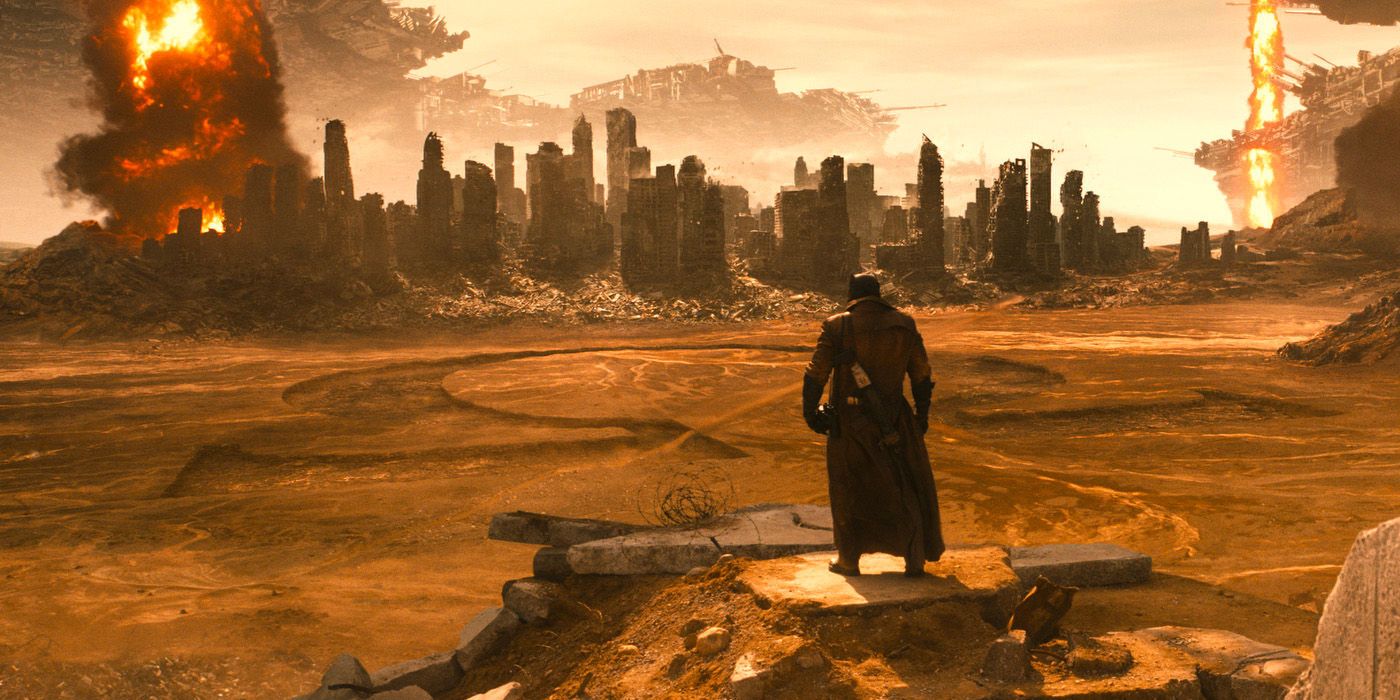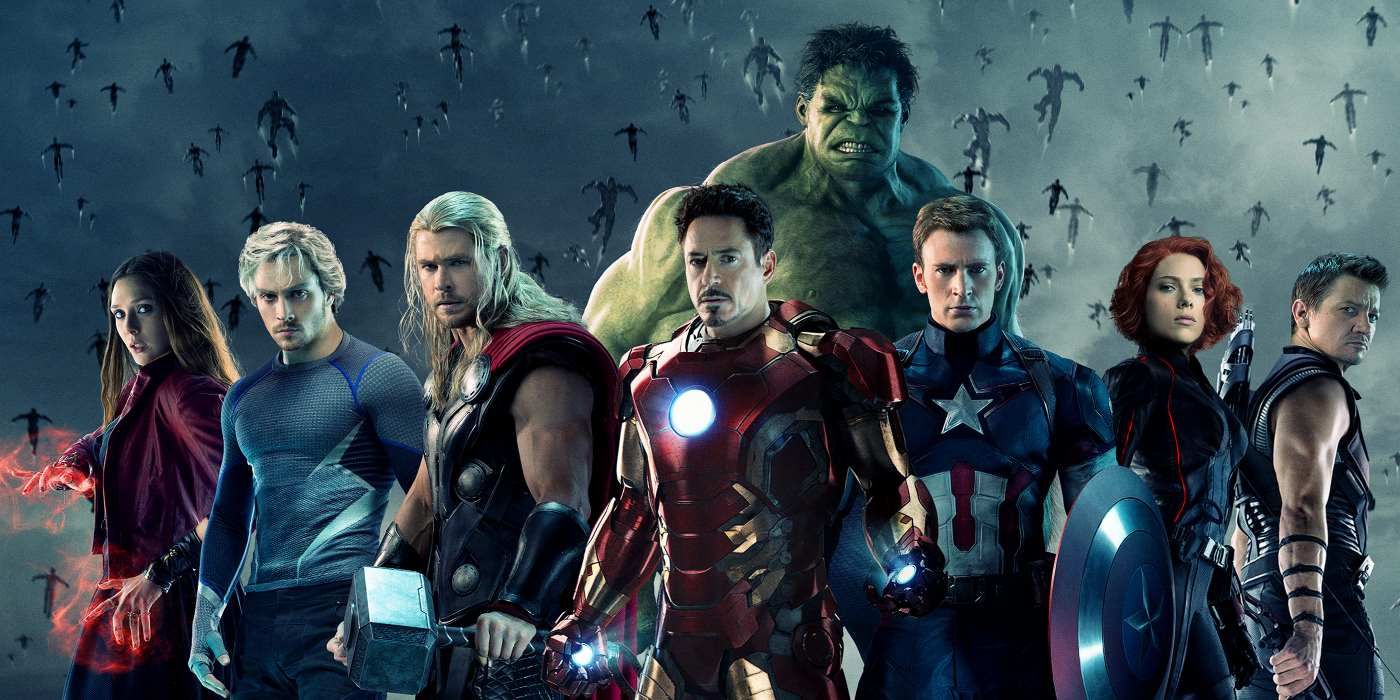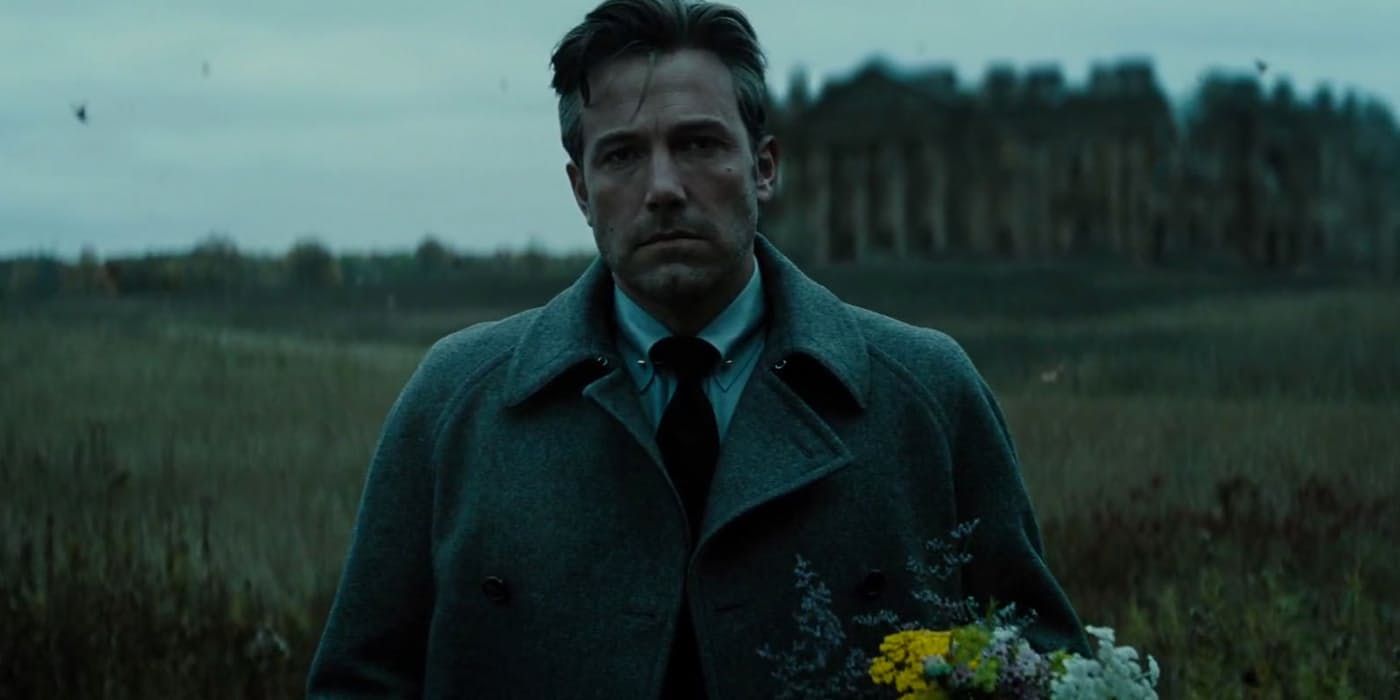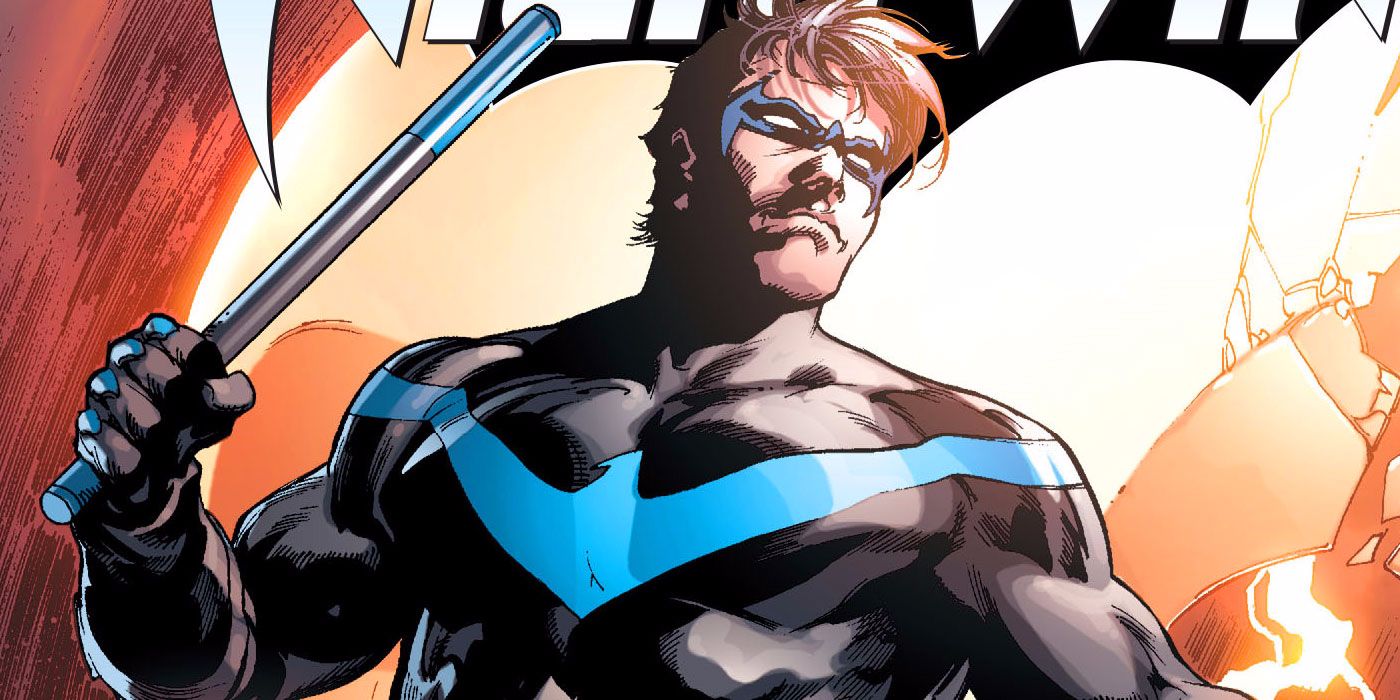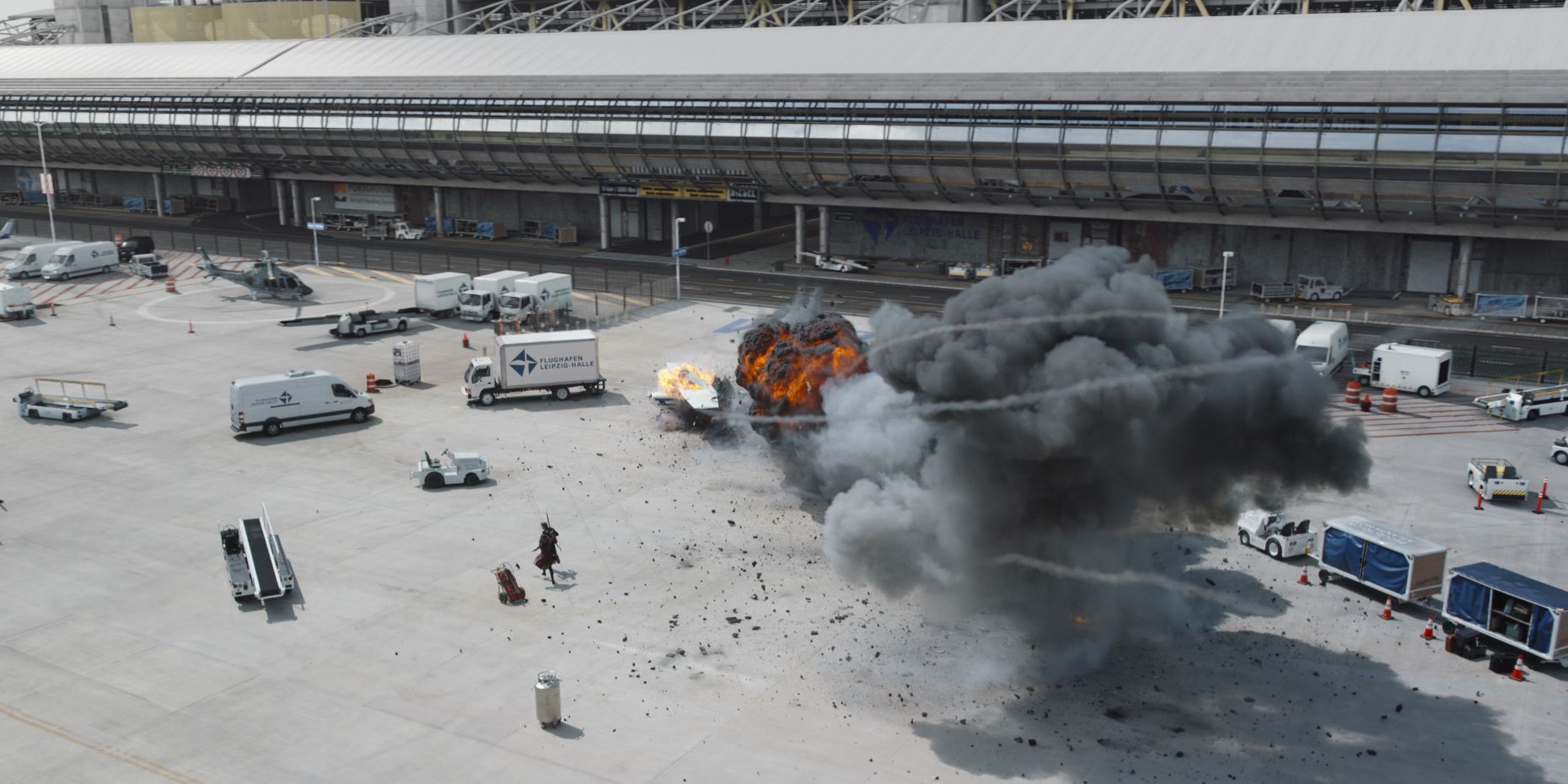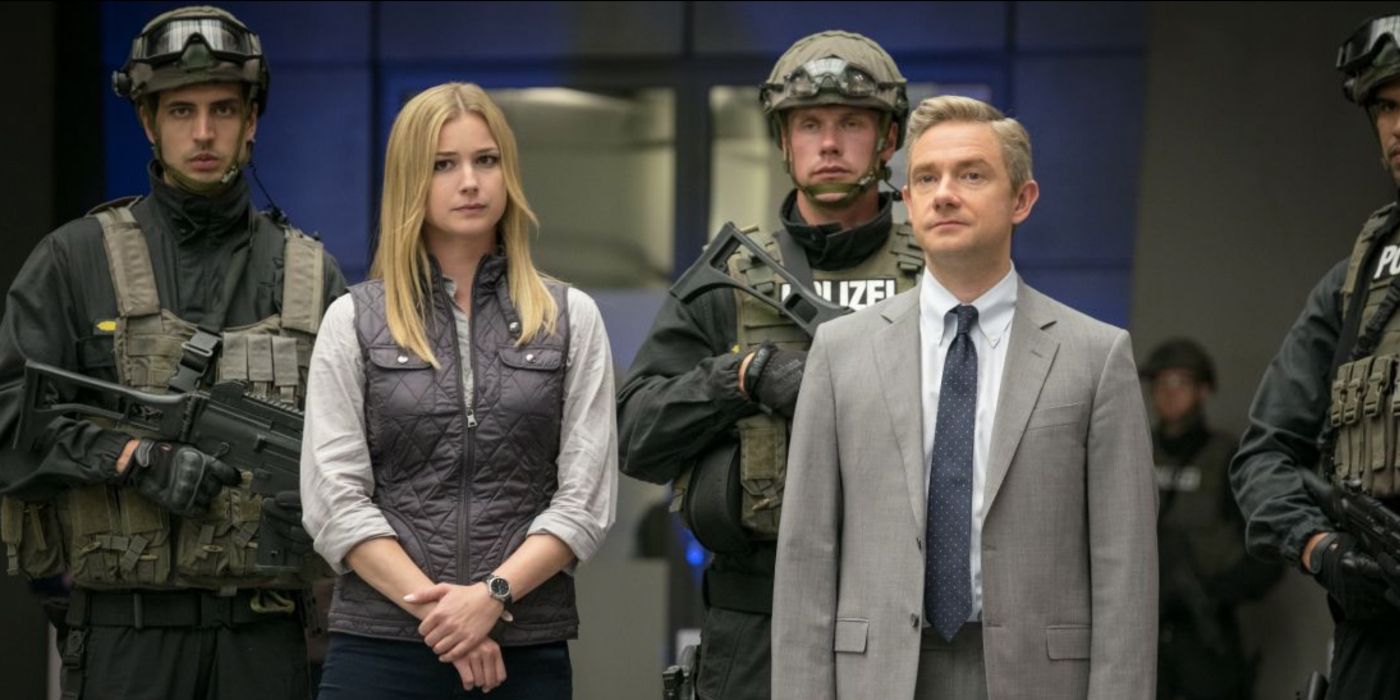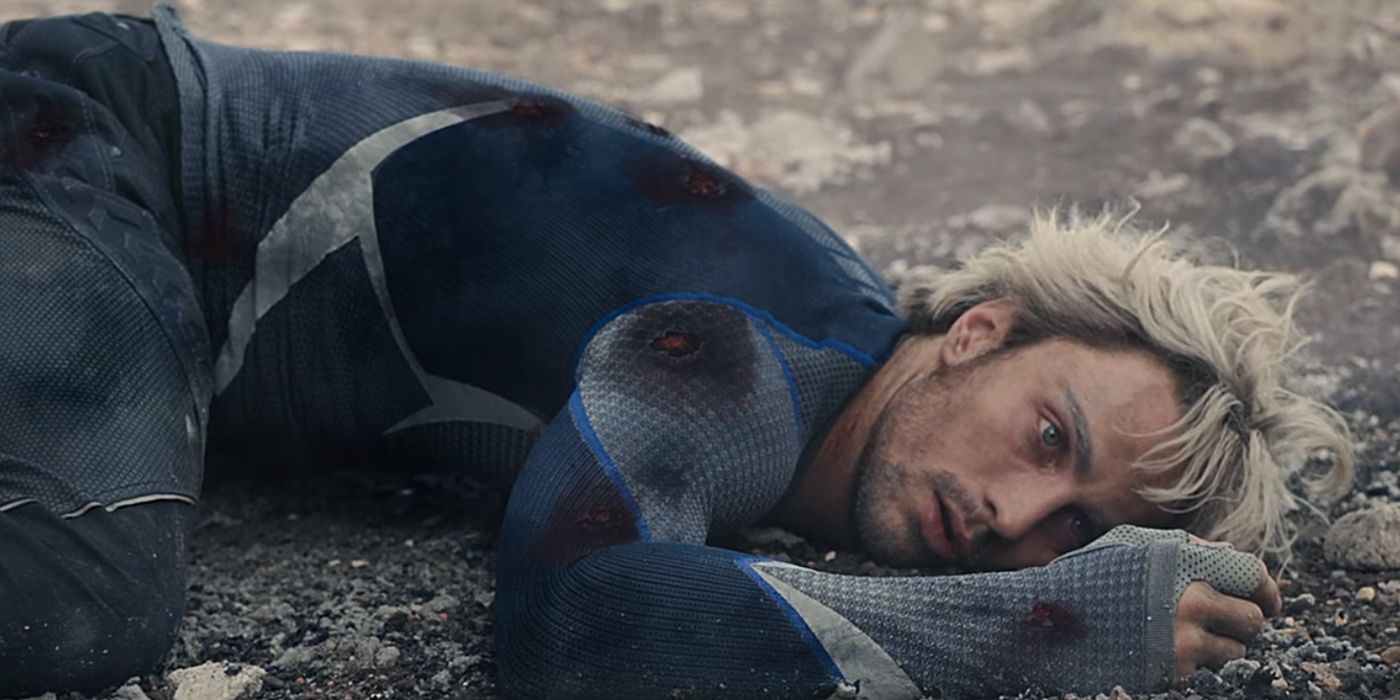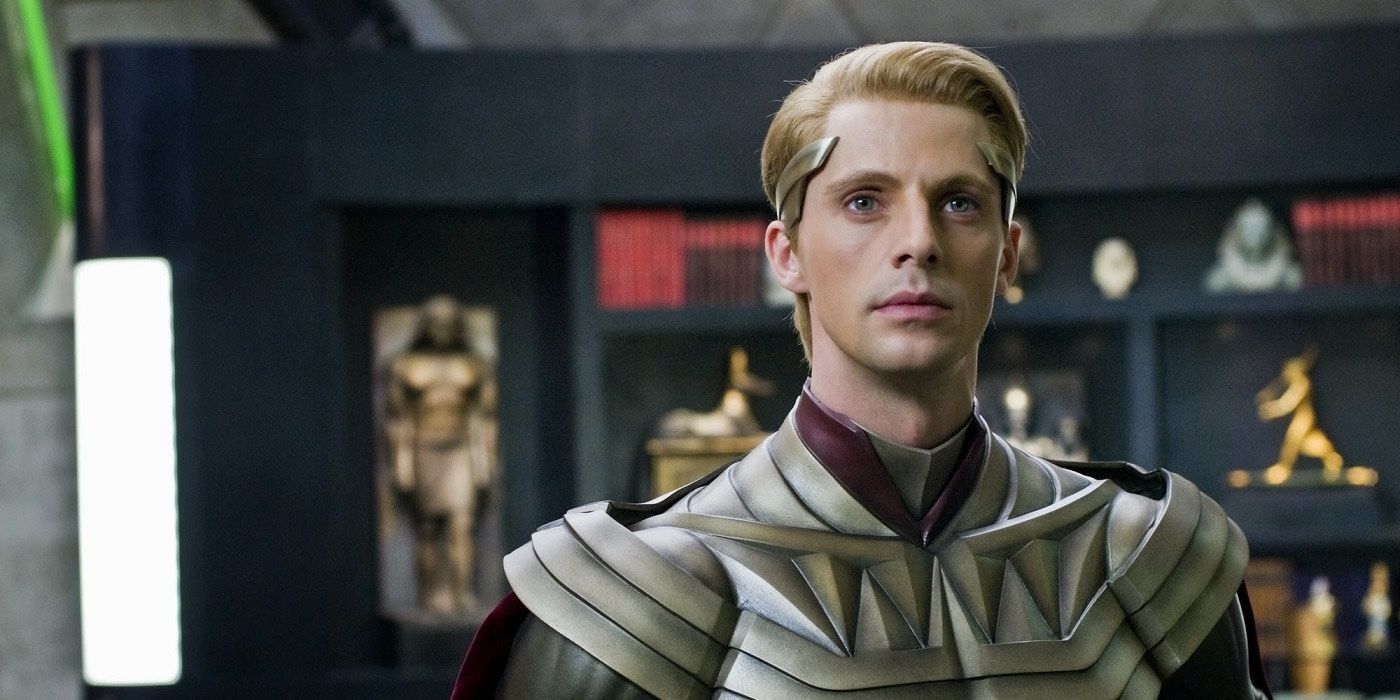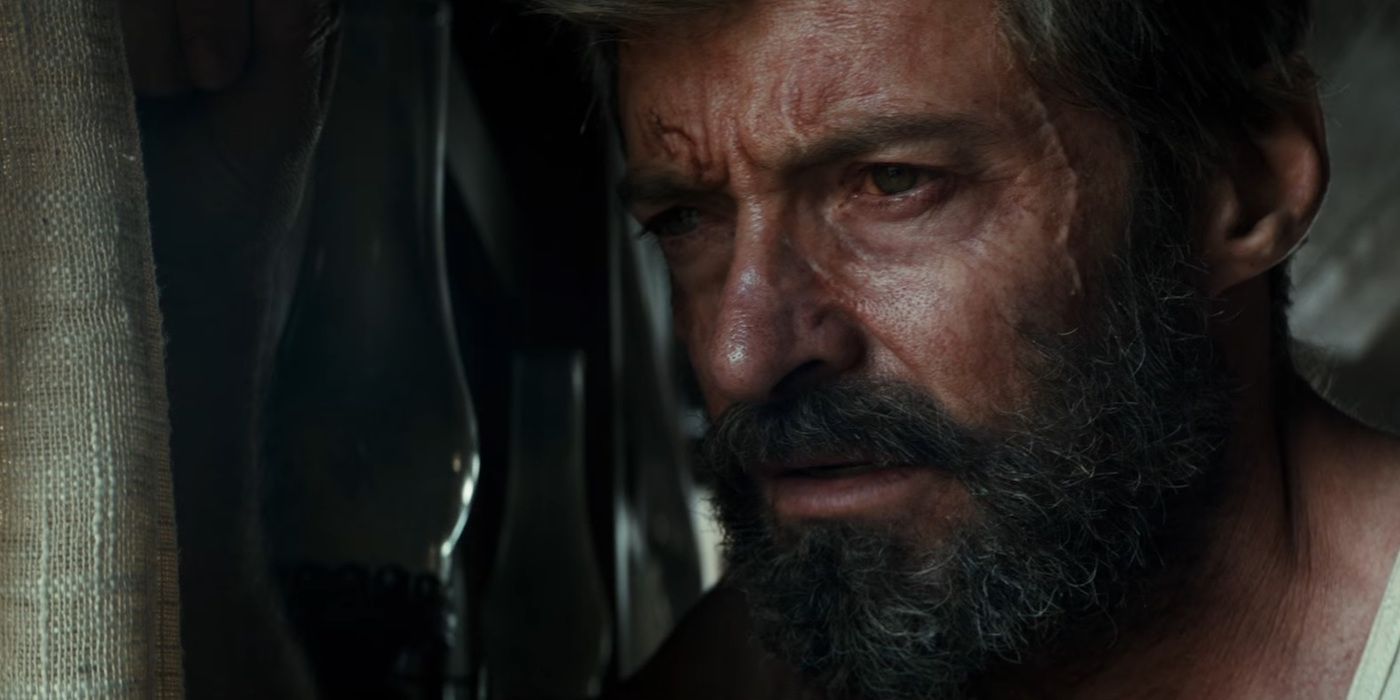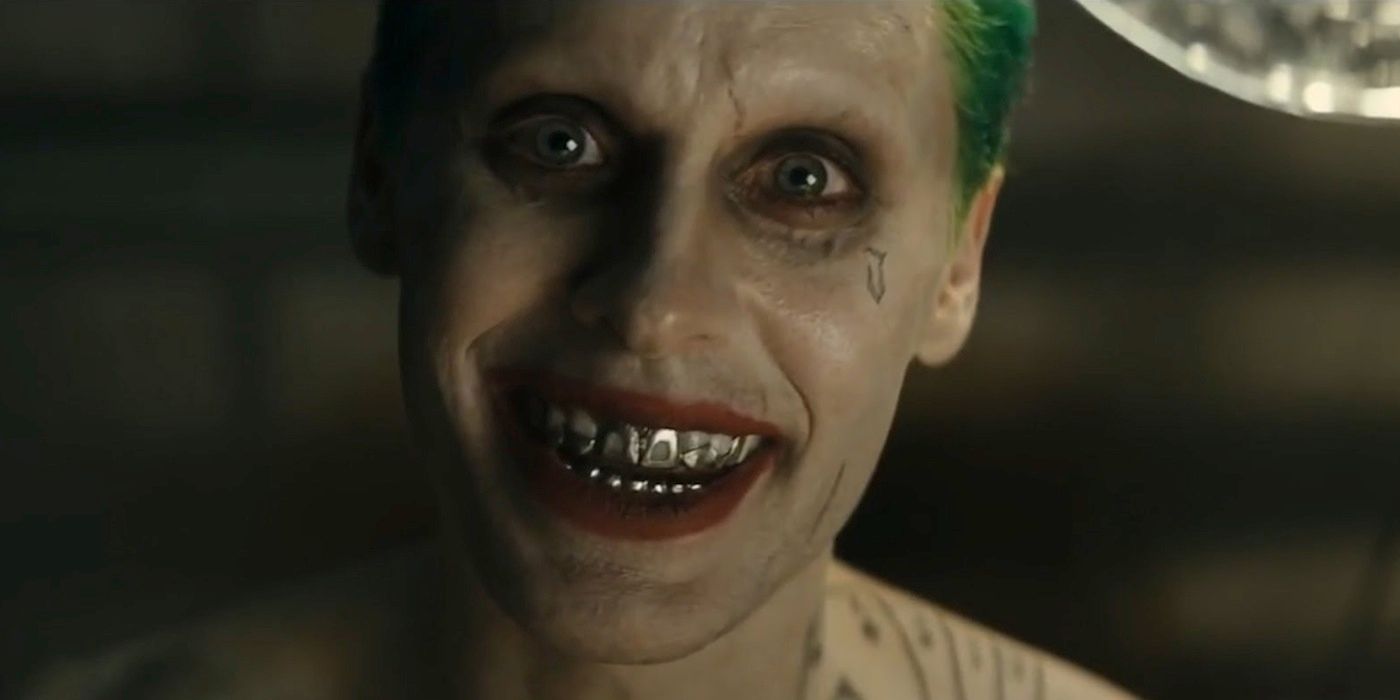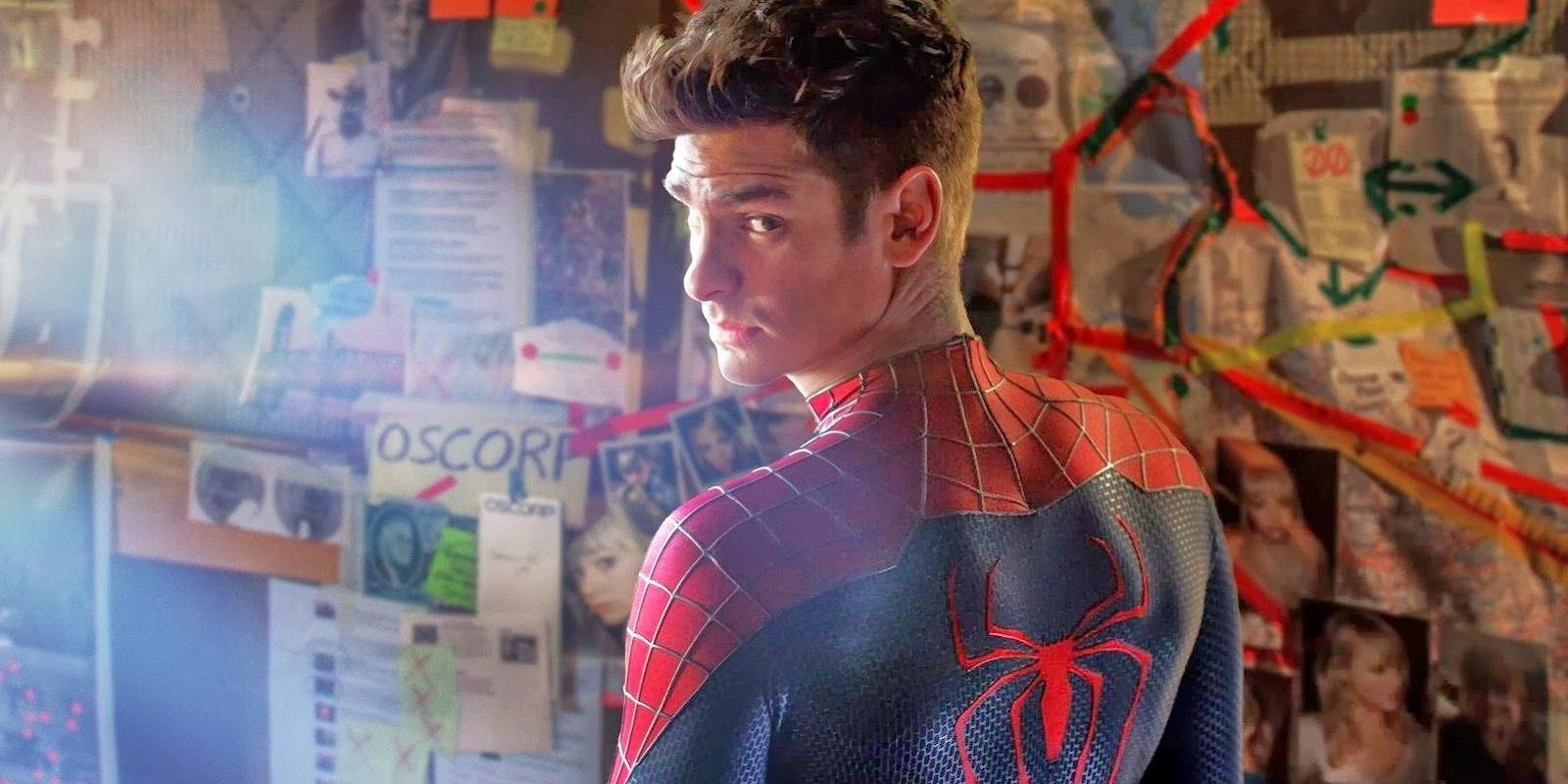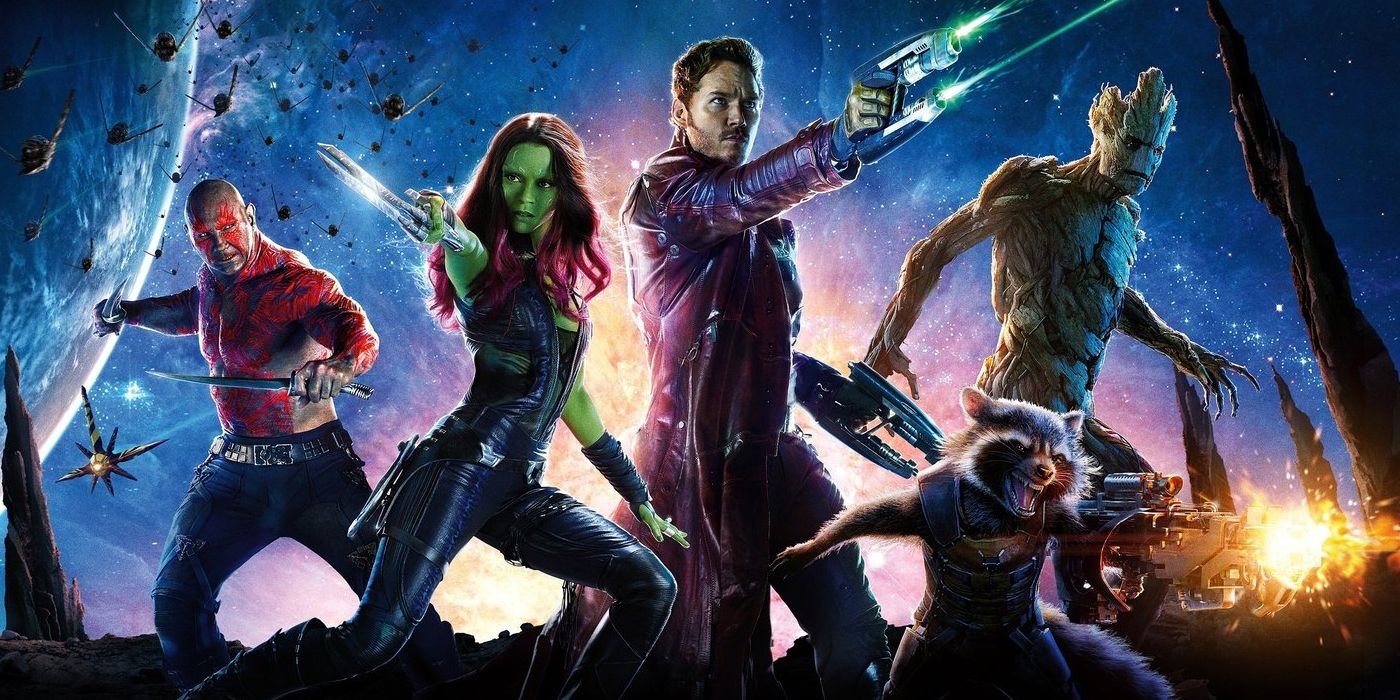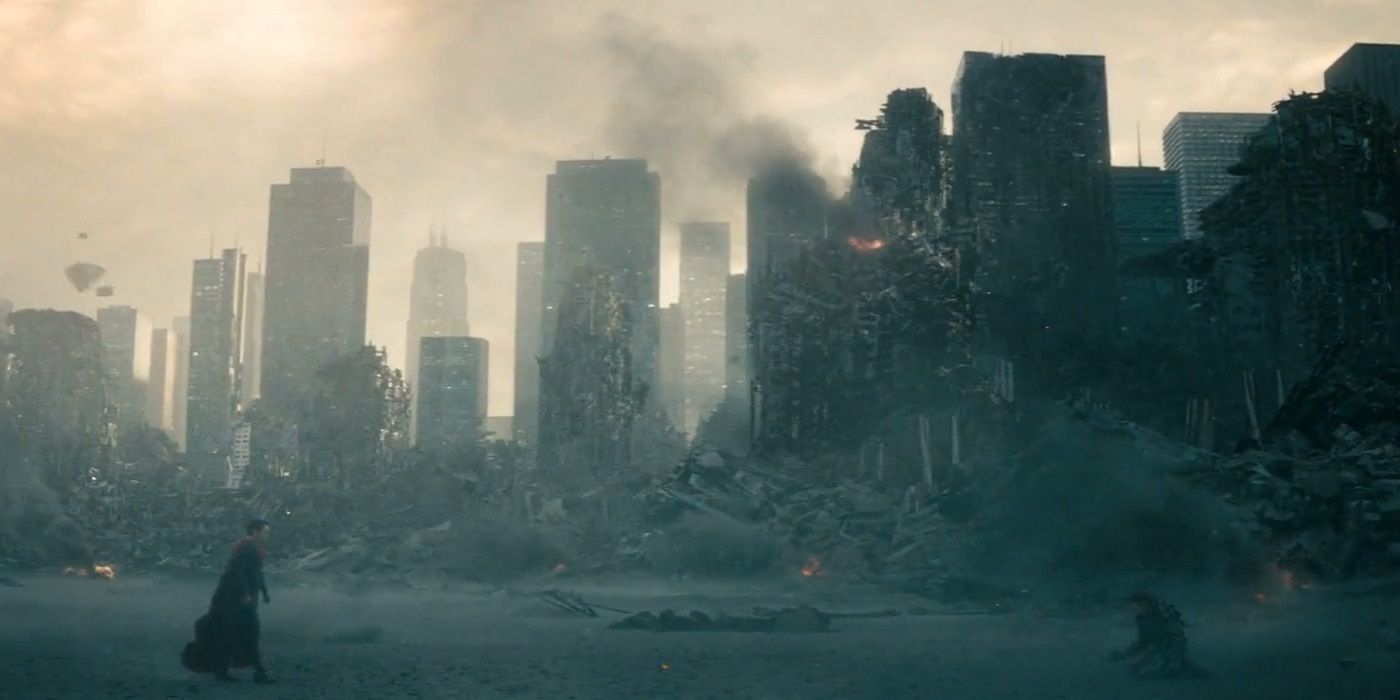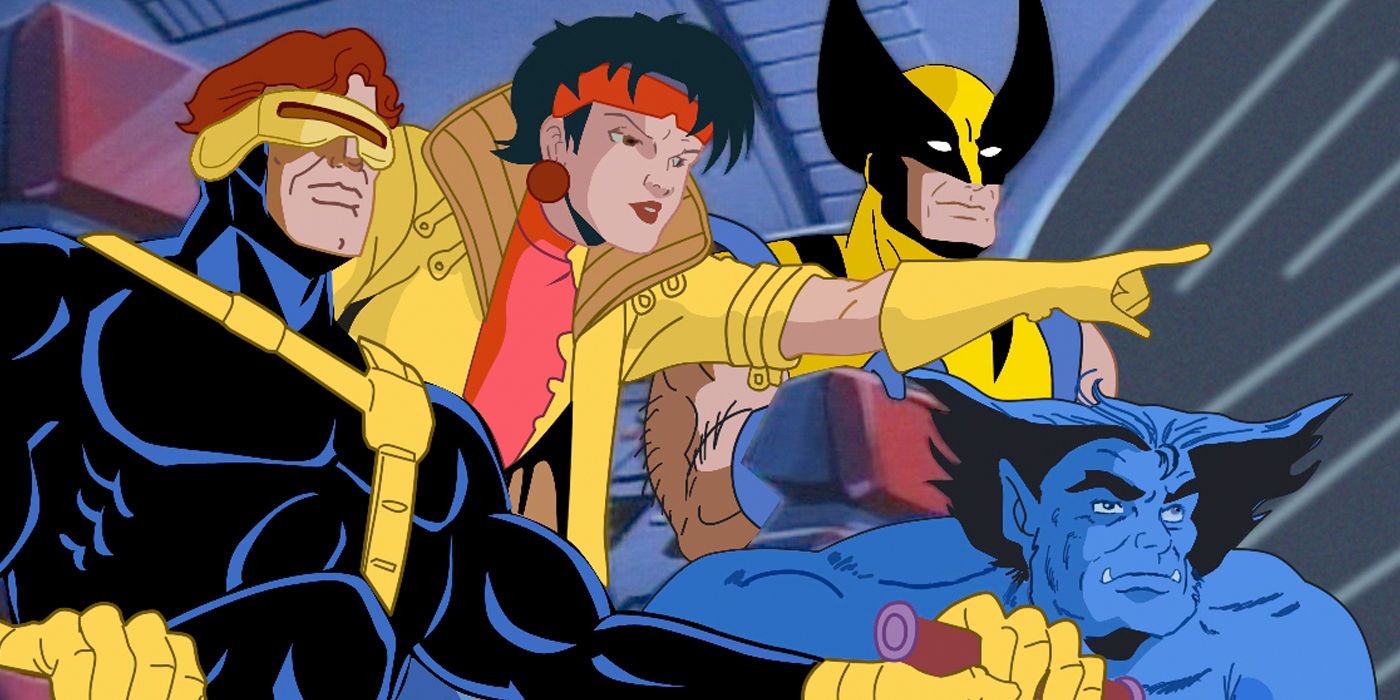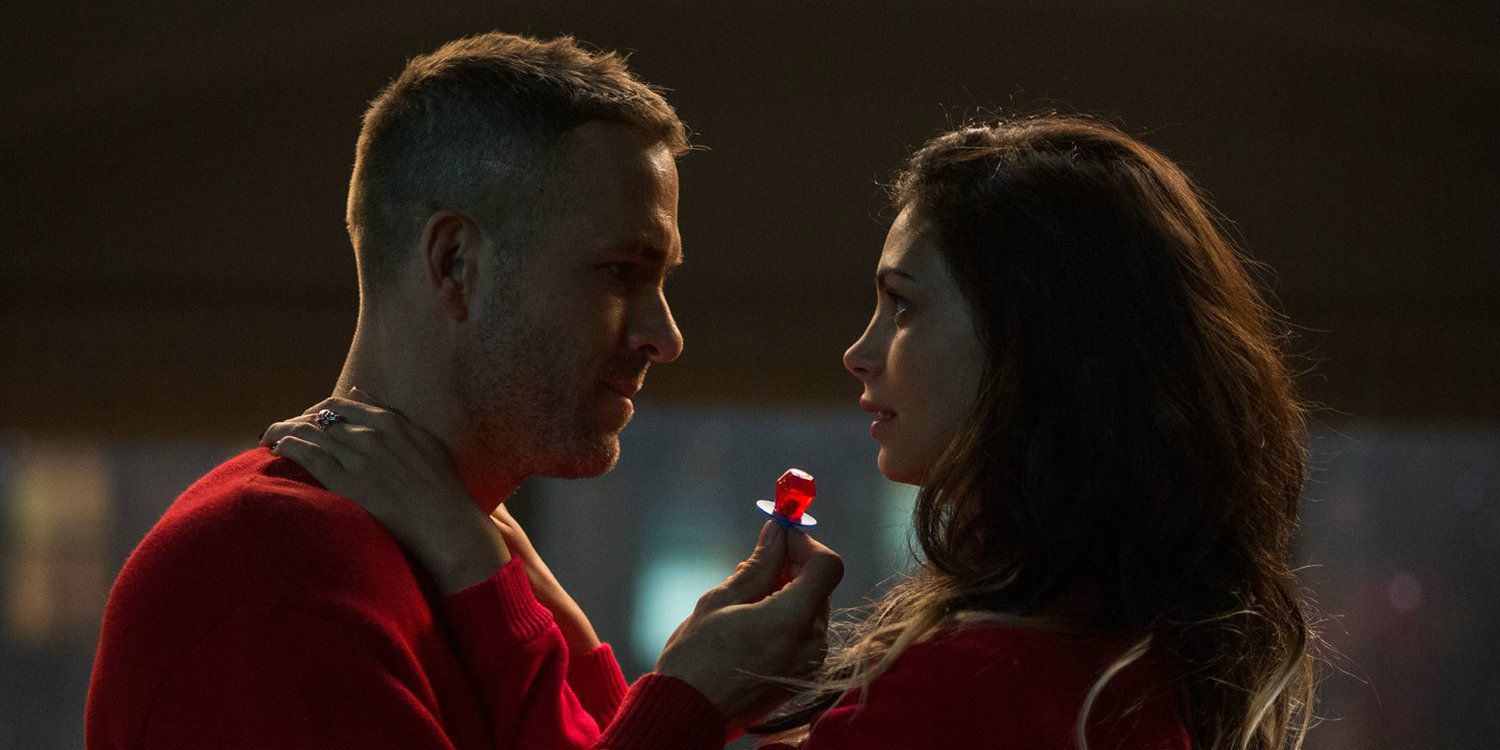Superhero movies have come a long way in the past couple decades. It used to be that superhero movies were simple affairs with a blandly good hero crushing a strangely evil villain, saving the town or world as a whole, all while getting the girl. Or, they were something a studio might take a gamble on like Tim Burton’s “Batman Returns” or Stephen Norrington’s “Blade.” With the success of Christopher Nolan’s "Dark Knight" Trilogy, things have changed, but not necessarily for the better.
RELATED: 15 Superhero Films Stuck In Development Hell
The new template for the superhero megahit is a dark, gritty film that focuses on the difficulties of being a superhero. However, this trend has run its course, but not before making the superhero movie landscape more desolate and frustrating. Of course, there’s more humorous fare like “Guardians of the Galaxy” and “Deadpool,” and some dark takes on superheroes are pitch perfect. A canny director with a deft narrative touch can make a lot of surprising things work. But this is the exception, not the rule. The time has come for superhero movies to be a lot less gritty.
15 GRITTY IS PLAYED OUT
Trends wax and wane. At this time, the gritty superhero movie is played out. It's not fresh or surprising anymore. That’s not to say that there isn’t a place for superhero movies with darker themes. In fact, some characters and story arcs work best in a gritty setting, Batman being the obvious success story after years of campy oddity. But other characters and story arcs have been bogged down by this aesthetic. It’s matter of personal taste, but did “Avengers: Age of Ultron,” really need so much time having sad feelings at a farm? Is there a point in trying to make such a fantastical franchise work on such a mundane level?
“Avengers: Age of Ultron” wasn’t all grit, but it succumbed to the aesthetic in ways that didn’t necessarily add to the watching experience. Fans are more likely to remember and enjoy the fun parts, not the shoehorned drama. You know you’re at peak trend saturation when the trendy selling point is forgettable.
14 MONOTONOUS COLOR PALATES
For some reason everything becomes gray and washed out once a movie is "gritty." (Or washed out, then color corrected to be mostly orange and teal.) Yes, color is a way to convey tone and emotion, and the dynamic between bright and dull colors can be used in an interesting and meaningful way. “The Dark Knight” has a lot of gray, orange and teal going on, and it’s not a worse movie for it. But it seems like Hollywood has been in its gray, orange and teal period of a long enough that superhero movies have become kind of ugly.
The color choices may have to do with creating a more realistic vibe instead of a Technicolor extravaganza, but superhero movies are also action movies. The way said action plays on the screen is an important part of generating a visceral audience response. The monotonous colors don’t indicate vibrant action, but persistent depression. It’s almost obscene that so much time, money and effort goes into visual effects that are flattened for the sake of an edgy tone.
13 MISSED OPPORTUNITIES
"Gritty" usually translates to a movie about the trials of being a superhero or grappling with dual identities. The source comics often have similar arcs, but those arcs don’t account for years of issues. After the heroes figure out their emotional stuff they go and do things. Maybe they even become emotional about something besides themselves.
Some of these arcs are still dark like mutants at war with each other, the replacement of the justice league, various incarnations of Robin and more. However, they need to be tackled in a different way than just trying to completely ground the plot in a recognizable, everyday reality. Superhero movies should be able to display a full range of emotions, interesting conflicts, and character development via various aesthetics based on the stories they’re trying to tell. But making a movie different from the current bleak offerings requires risk, creativity and comfort with source material that seems to be rare in Hollywood, with a few notable exceptions.
12 POINTLESS VIOLENCE
Okay, most superhero movies require a bit of theatrical violence. Many fight scenes function like the opening set piece of a musical: they set the tone, provide something lush for the audience, and just barely forward the plot. But once the protagonist’s fighting style and the villains are established, it’s pointless to throw in more fights to show how grizzled and cynical the hero is. Ideally, the actual narrative will do that work.
Worse still is when graphic fight scenes are thrown in to show how dark and edgy the movie is. (Look, if the movie is all gray, orange and teal, the audience already knows.) Without the plot or motivations to make buoy up multiple extended fight scenes, the violence ends up as expensive dead air. Narratively, violence without meaning achieves the same thing as watching the hero sort through junk mail for 10 minutes. For example, “Batman vs Superman: Dawn of Justice” is rife with flaws, but perhaps the most unforgivable is that people could get smashed, incinerated, exploded and shattered, and it wasn’t even horrifying: it was tiresome and boring.
11 ADULTS ONLY
Gritty movies aren’t targeted at families or kids, which is fine. Not everything has to be a kid-friendly, heartwarming morality tale. But when the default superhero movie is gritty, dark and tortured, kids don’t have many they can see. For parents, this means that they either need to choose a different movie to see with their kids or find a sitter if they want to see the next superhero blockbuster. For kids, this means that they’re less welcome to participate in superhero fandom.
Yes, the movie gold seems to lie in a PG-13 rating and many kids are fine seeing PG-13 movies. But while gritty superhero movies might take a lighter hand with things like graphic violence, sexuality and swearing to maintain a rating, they often leave in even less kid friendly stuff like a bunch of suits talking shop in a boardroom or heavily-veiled information exchanges at cocktail parties. Movies like “Deadpool” and “Logan” show without a doubt that superhero movies aren’t just for kids, but it doesn’t seem right that the majority of superhero movies aren’t trying to appeal to kids at all.
10 EXCHANGING TROPES
Tropes play a weird role in genre storytelling. To an extent, they’ve developed over time as themes that help make sense of what’s going on. There’s a reason why superheroes are often orphans with traumatic backstories who do their crime fighting work while masked, but ultimately believe in the good of humanity. Superhero tropes may be a bit cliché or even a joke, but they’re useful and when used correctly, they can still make highly enjoyable superhero movies.
However, what many gritty superhero movies do is try to break away from their genre by discarding various superhero tropes in the name of greater creative license. There are fewer hijinks around concealing identity and less wholesome speeches about protecting the innocent. Now that would be all well except, more often than not, superhero tropes are replaced with different genre tropes, like film noir, spy thrillers, or daytime crime dramas. Creepy, but revealing autopsies, cyber crime and shooting first then asking questions later (all were in "Batman V Superman") rarely enhance gritty superhero movies and end up muddying the plot.
9 GUESS WHO DIES?
This is how it works: in a cinematic universe, more or less comparable to the real world, it’s impossible that every character will escape unscathed from so much fighting. Someone needs to bite it to show how real the stakes are. That person cannot be a main character unless the death happens near the end. The person who dies needs to be likeable, but not instrumental to the plot. Said death should further motivate the protagonist(s) to do what they’re already doing. With these ground rules, you can probably narrow down who will die to two or three characters in the first few minutes of the movie. If someone doesn’t do a lot, but gives a stirring speech near the middle, they’re a goner.
Like nearly everything else on this list, adding to a movie’s death count can be done well and in a meaningful way. The problem with killing off characters in gritty superhero movies is that it has become formulaic. Even if you don’t consciously play “Guess who dies?” the unsurprising, decorative death of a character isn’t moving. It’s just another ham-fisted technique to make a movie seem serious.
8 EVERYONE’S SUSPICIOUS
The surprising betrayal by a trusted friend is much less surprising in these grim, gray universes. In fact, this kind of character behavior is expected in a morally ambiguous setting. For movies like “Watchmen,” it makes perfect sense. Not only because of how the source material was written, but because the whole story involves the examination of heroism, motivation and what it means to do good and for whom.
However, most superhero movies are not “Watchmen,” nor should they be. The emotional ups and downs work best with a tone that is at least neutral or have a touch of foreboding, if not outright be happy. Even if it’s not a surprise that Obediah Stane is out to get Tony Stark in “Iron Man,” it works similarly on an emotional level. But as Iron Man’s screen time continued in progressively dreary, morally ambiguous movies, there’s less impact to each disagreement and inter-hero fight.
7 MISERY REPLACES CHARCTERIZATION
Gritty superhero movies love misery: the misery of the protagonists, the misery of those who are collateral damage, the misery of the villains. Everyone’s unhappy, and this unhappiness carries the plot more than the actual characters because it’s the only reason why anyone does anything. Even rather good superhero movies fall into this trap like, “X-Men: First Class.” Luckily, there are lighter moments that give "First Class" good balance, but it seems that instead of internal motivations based on unique character perspectives and desires, the titular first class is only at Xavier’s school because they’re sad mutants. Then some stuff happens to them.
Perhaps that’s unfairly glib, but unhappiness alone does not make a character complex or interesting. Misery isn’t a character trait. Plus so many superheroes are unhappy for the same reason and in the same way: past misfortune dogs them into the present, they have a hard time balancing love and crimefighting, they’re not sure where they fit in or they accidentally hurt someone with their powers. Maybe if these movies would lighten things up a bit, the actual characters would shine through.
6 COMPETITIVE GRITTINESS
It’s one thing for a movie to use dark themes, violence, and shocking scenes to tell a complex and interesting story. It’s quite another when a movie uses all those same things to prove how edgy it is. When the majority a superhero movies have the same tone, the way to stand out with a more serious movie is to up the ante. The shock and gloom factors need to be more intense and more over the top than before.
The audience ends up presented with the protagonist’s nightmares, torture, fight scenes that show how vicious the hero is and more. Again, if that’s how the movie works the best, then all that should be included. But if it’s all flavoring and no substance, like Jared Leto's Joker in “Suicide Squad,” then all that dark, edgy, weird stuff is actually vapid fluff. The competitive grittiness of superhero movies has created the grim, gloomy equivalent of a cheap laugh.
5 CONVOLUTED PLOTS
Not every gritty superhero movie has a convoluted plot, but unnecessary complexity seems to be a method of making movies more "adult." After all, reality doesn’t usually work in neat narrative arcs, and making superheroes appear grounded in reality has a way of making them gritty and edgy. The problem of course is that a lot of screen time and effort needs to go into explaining what the hell is going on.
The intent seems to be that audiences will discover who the bad guys are, why they’re bad, who they’re threatening and so on when the heroes do with various little clues and interactions and the occasional information bombshell. The result is that many of these convoluted plots require blatant, expositional dialogue that no one would actually have. (Looking at you, "Batman V Superman!") Making a reality-based superhero movie doesn’t count for much when the characters act like NPCs ("non-player characters" in a video game) instead of people. Even if some of the ins and outs are cannon, film is a drastically different medium from comics and requires streamlining and prioritization to make an enjoyable, watchable movie.
4 LESS FUN
In a way, it’s fitting that studios are gearing superhero movies towards adults by making them less about fun and more about crushing responsibilities and guilt. Fun and grit aren’t necessarily mutually exclusive, but it’s often filmed that way. It’s a strange thing to not want to be the characters that can fly, cut through metal, shape shift, and live in mansions. They spend their screen time brooding about how hard everything is, and viewers aren’t encouraged to enjoy the fantasy of superhuman powers as much as they’re supposed to dwell on the meaning of humanity or good and evil.
There’s a place for these movies, and they can be entertaining and compelling, but this is also true of war documentaries and Oscar-bait dramas. It seems that in the pursuit of joining the ranks of “serious” genres, superhero movies are losing the valuable, if light, qualities that make them different from other fare. Luckily, successes like "Guardians of the Galaxy" and "Deadpool" are turning the tide.
3 DISAPPOINTED FANS
Fan demand isn't everything, but fans are the ones who literally make these movies worth it. And yes, most fans will keep giving their favorite franchises and heroes chance after chance. But that doesn’t mean that it will last forever, or that fans haven’t noticed that the same tired formulas are being recycled movie after movie.
For some characters, gritty will always work pretty well and that means their gritty movies will probably always rake in cash hand over fist. But others don’t fit that template and fans more than anyone will have something to say about it. How many Superman fans loved "Man of Steel's" grim take on their favorite caped boy scout? Despite the big-budget visuals, excellent cast and cool new costume, fans came to see Superman as the character they understood him to be. Even severe flaws in plot or pacing would be forgivable if the film delivered that, but it didn’t. If there’s any reason to stop cranking out dark, edgy superhero movies, it’s that eventually the well of goodwill will dry up, followed by the money.
2 GRITTY DOESN'T EQUAL SERIOUS
It wasn’t so long ago that superheroes were thought to be frivolous, fluffy, kid stuff. Superhero stories weren’t “serious” or worth the attention of non-nerds. Happily, this isn’t the case anymore, partially due to the mainstream success of Christopher Nolan’s "Dark Knight" Trilogy. But it seems like the continued persistence of gritty superhero movies is based on a kind of anxiety that critics will suddenly decide that people wearing spandex and saving the world is silly if these movies stray too far from Nolan’s formula.
If every gritty superhero movie were a triumph, this list wouldn’t exist. Tone and substance are different things. Depressed characters, convoluted plots, and monotone color palates don’t make movies anymore serious. Cartoons can take on interesting and complex themes (see the '90s animated series for "X-Men," "Superman" and "Batman"), and gritty reboots can be trite and clunky. What will make each superhero’s movie(s) successful depends on the character. Sometimes the answer is a dark, realistic tone, but it certainly isn’t a one-size-fits-all approach to creating character depth and compelling narratives.
1 UNBALANCED STORYTELLING
A balance of light and dark themes in movies allow for a better understanding of both. It makes the highs higher and lows lower. Most gritty superhero movies end up doing the equivalent of painting black on less-dark black. They slog through tortured backstories, conflicted and emotionally strained presents, and end with bleak, uncertain futures. After all, if the premise of a gritty movie is that superheroes are grounded in a reality that needs them, the world needs to be in bad shape. Especially since crime fighting and world saving exact such a heavy toll.
All those choices are supposed to make a superhero movie super complex and super sad. (Sorry.) Instead, what ends up happening is a viewer fatigue of misery. It’s hard to care about the next awful thing in a terrible series of events. Without a meaningful portrayal of joy, humor or love in the story, all that hard stuff simply doesn’t seem worth it, both for the hero and the viewer.
What are your thoughts? Less gritty, more gritty or do superhero movies have just the right amount of gritty to them? Tell us your opinion in the comments!

